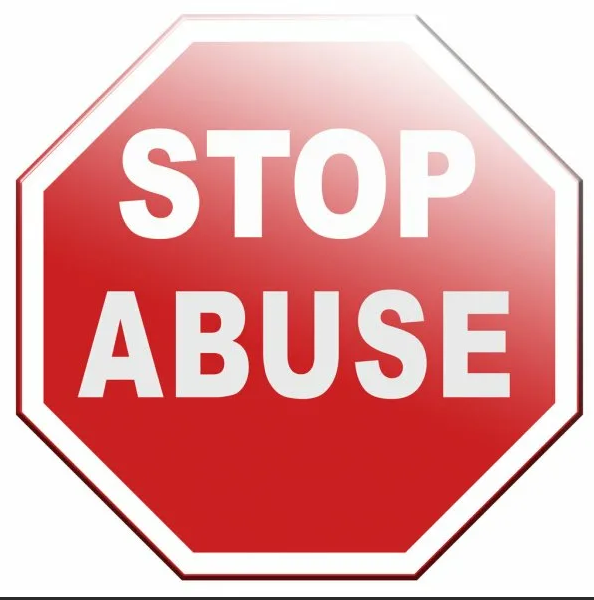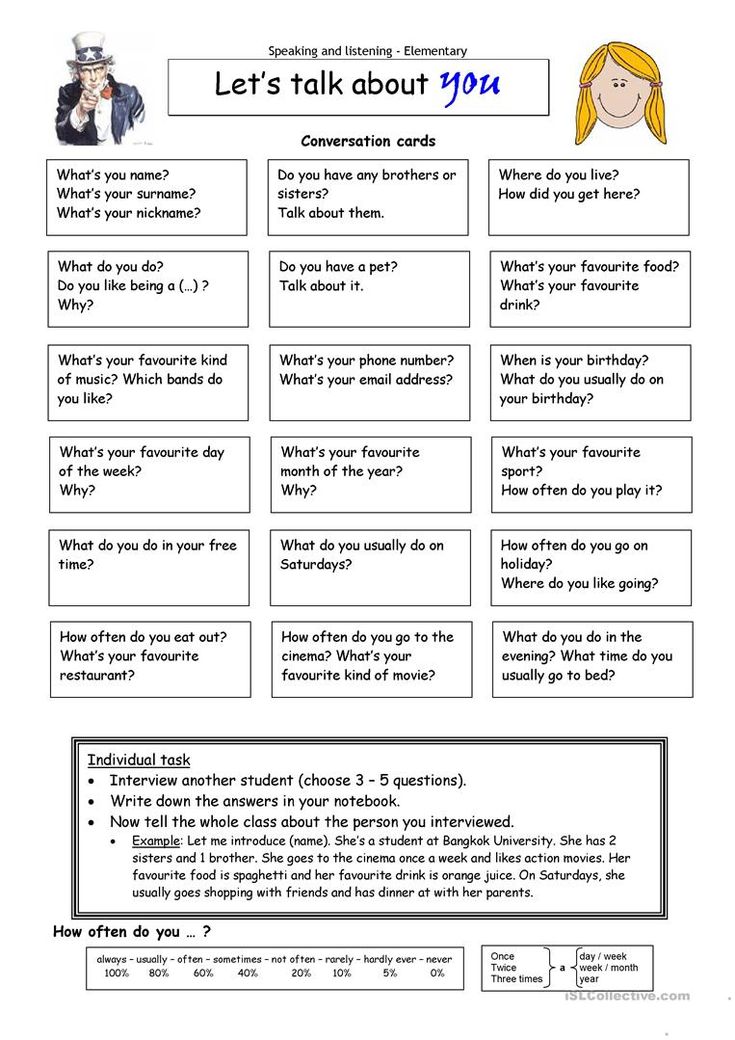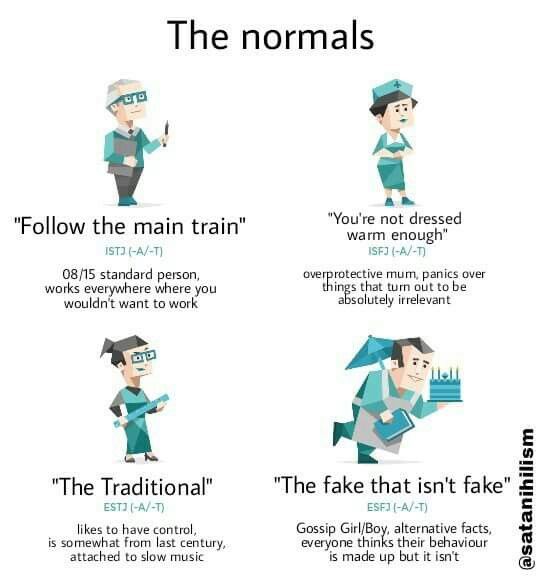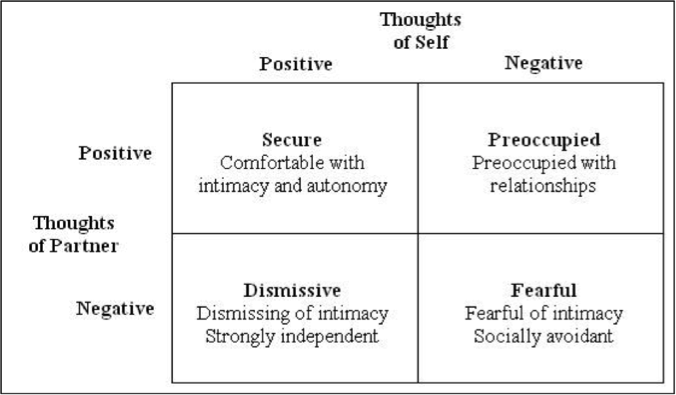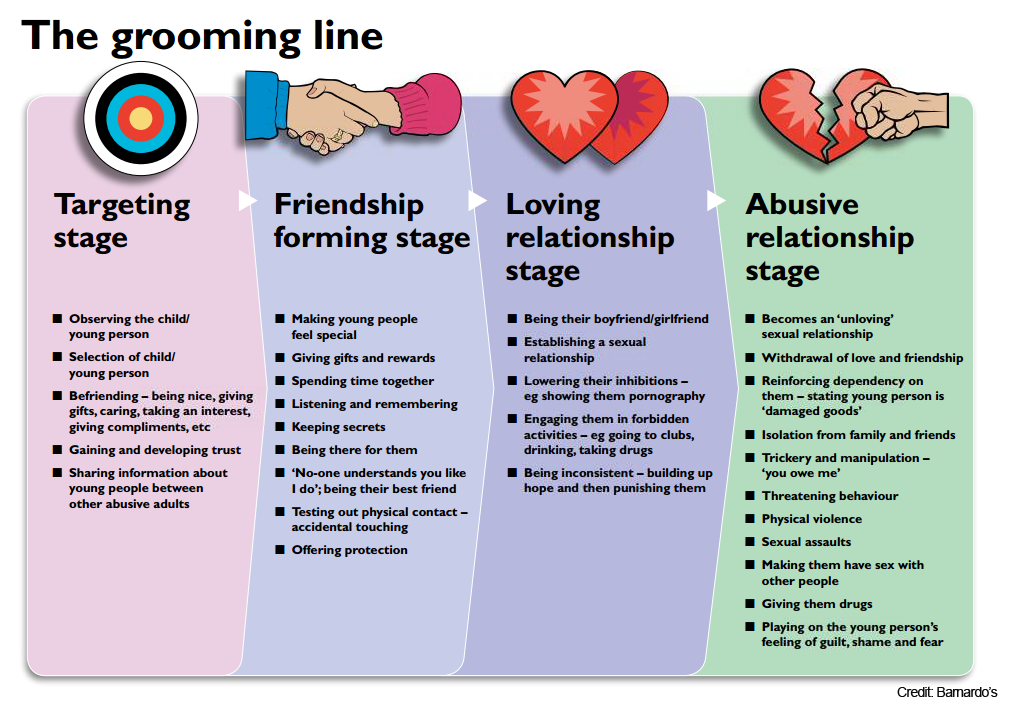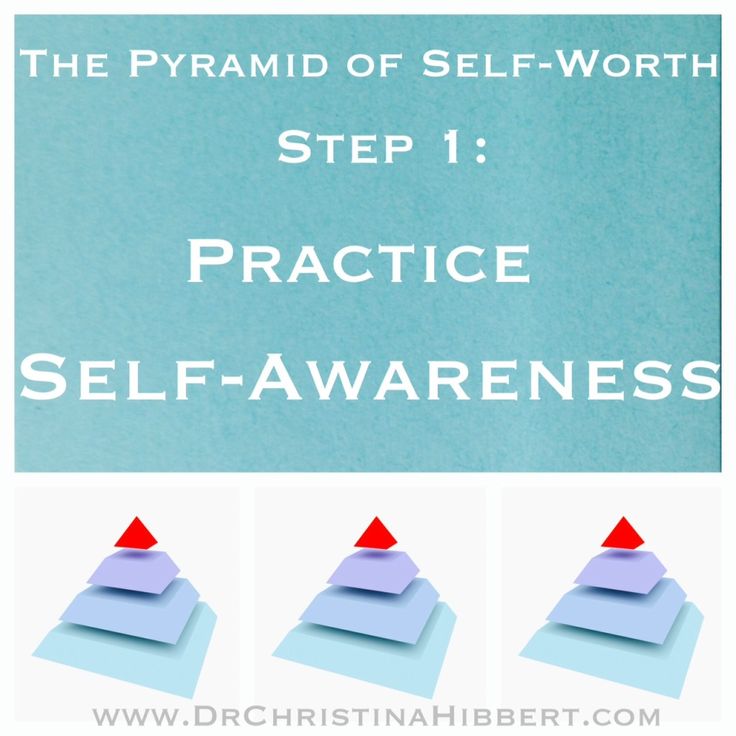Stop punishing yourself
How To Stop Punishing Yourself For The Past
True justice is paying only once for each mistake
How often do we overlook the above aphorism as we repeatedly revisit past mistakes, injuries, and confrontations? There are times I lie sleepless and recall arguments I had with college sweethearts, high school teachers, and even the grade school bully.
What do I get for my trouble? Sometimes I experience that all-too-familiar wave of panic, other times an uneasy stomach or a rapidly beating heart; that feeling is almost always accompanied by guilt, resentment, or both. The experience never benefits me and I’ve reached the point in my life where I need to stop it.
The Problem of RepunishmentWe’ve been conditioned from birth to retain our flaws and mistakes in two ways: by example and through confrontation. The first form of conditioning is by example; we see and hear our parents do it every day. Your dad forgets to take the trash out after dinner; your mom gets angry and calls him on it. But instead of saying: “Dear, your forgot the trash”, she says: “You forgot the trash again! You NEVER remember to take it out!” Now your dad doesn’t deal with the current situation, rather he relives every time he forgot. He feels guilt and frustration well up, he becomes defensive, and the argument begins. The second form of conditioning is more direct; someone will be displeased and say: “How many times do I have to tell you…” Then we relive each of our past mistakes and feel the guilt, the pain, and the frustration.
By the time we’re in high school (if not long before), we’ve become so conditioned that we put ourselves through the ringer. We don’t need anyone else to do it to us; we start repunishing ourselves. You run late for work after school, again. Instead of focusing on today’s tardiness, you relive each time you have been late. The panic and guilt start to build, and build, and build as you revisit each transgression. When you finally get to work you have rehashed every time you have been late to work, and you re-experience all of the negative energy from each time.
When you finally get to work you have rehashed every time you have been late to work, and you re-experience all of the negative energy from each time.
The worst part of the situation, however, is that we don’t let anything go. We retain all of this emotional poison and add the new stuff. Then, the NEXT time something happens, we get to revisit it all AGAIN. And the cycle continues, because we have great memories and consciences. We make a mistake, we judge ourselves, we find our selves guilty, and we punish ourselves. No wonder we go through our lives feeling defensive, guilty, and uncertain.
Taking Control Of Our LivesHowever, we can take control of our lives and stop this painful cycle. The process isn’t difficult, but it will be unsettling at first and require some adjustment. We experience this discomfort as we rebel against what we’ve learned and become accustomed to our entire lives. The more ingrained our solution becomes, however, the more comfort it provides as we adapt to the new standard. I’ve outlined below the process I have been using to stop this self punishment.
I’ve outlined below the process I have been using to stop this self punishment.
1. Acknowledge and own the mistake.
This not only calms us but gives us some power over the situation. If something “isn’t our fault”, then how can we take action to correct the situation? We can’t. By accepting responsibility for a situation, we make ourselves “response-able” (thanks to Steven Covey for this phrase).
2. Identify the mistake.
Analyze the situation and see just exactly what caused the undesired outcome. It could have been a simple typo, it could have been procrastination, it could have been a misunderstanding, it could have been an omission, etc. Whatever the source of the problem, we need to identify it as clearly and completely as possible.
3. Correct the problem.
Implement a new system to avoid omissions, determine where our scheduling technique broke down, etc. Make sure that, to the best of our ability, that we have implemented a solution that should prevent the same (or a very similar) mistake from recurring. Be proud of this accomplishment – it enables us to let go of our disappointment, guilt, frustration, fear, anger, etc.
Be proud of this accomplishment – it enables us to let go of our disappointment, guilt, frustration, fear, anger, etc.
4. Move on.
Obviously, this is harder than it sounds. However, our preparation above has led us to a position where we can honestly tell ourselves that we know what happened, we don’t like what happened, and we have fixed the problem that led to it occurring. By taking both responsibility and action, we create a powerful combination that allows us, with a bit of discipline, to live in the present and not rehash the past.
Final ThoughtsIf we find ourselves trying to rehash a past mistake, it is important to STOP. Observe what we are doing, identify the problem triggering this response, and remind ourselves of the solution we implemented to stop that problem from repeating. Then focus on our solution and a couple of instances where our solution has led to positive outcomes. As we train ourselves to make this part of our process, we’ll be pleasantly surprised to find this easier and easier to accomplish.
Photo by frankieleon
- More
How to Stop Punishing Yourself
Do you feel stuck in chronic self-punishment? Do you reflexively turn against yourself with anger or scorn whenever you feel embarrassment, a lack of control, rejection or failure? Do you yell at yourself, call yourself names, cut off from people who care about you or neglect your physical needs? Do you sometimes even feel compelled to inflict physical harm on yourself?
Have you tried to tell yourself that this pattern is not constructive, but find that you still cannot seem to stop beating yourself up? Do remind yourself you are lovable and valuable, but still continue to self-attack?
You are not alone.
Self-punishment is so persistent because it is an all-purpose defense against the pain of life. And life is full of pain. We have strong needs for connection, acceptance, success, and approval, but we are faced with the reality that sometimes people reject us, get disappointed with us, and put their needs ahead of ours. People we love suffer and die and our life dreams do not always come true.
When we feel this pain, we build up energy because we are wired to try to do something about it. This energy can be experienced internally as anger or even rage. It motivates us to reach out to get comfort for our pain and it drives us to get back out there and try again to get what we want or need.
What if, however, we have been repeatedly and consistently shot down, or ignored or scorned or attacked for trying to get our needs met, or neglected when we have asked for comfort, or abused when we have tried to use our power?
Here is where self-punishment comes in. When reaching out into the world no longer feels safe or helpful, we take our anger and rage and turn it back onto ourselves. We begin to believe, on an unconscious level, that ‘I am the problem. When I feel rejection or failure, it is my fault and I must punish myself.’ Our resulting self-attacking behaviors therefore do not reflect our desire to feel pain; much to the contrary, they are our hope for fixing the pain by sufficiently punishing its cause – our selves.
We begin to believe, on an unconscious level, that ‘I am the problem. When I feel rejection or failure, it is my fault and I must punish myself.’ Our resulting self-attacking behaviors therefore do not reflect our desire to feel pain; much to the contrary, they are our hope for fixing the pain by sufficiently punishing its cause – our selves.
Instead of solving our problems, however, our self-attacks leave us beaten down and isolated. We become decreasingly connected to other people and increasingly imprisoned within our self-punishment. We become so familiar with our habit of attacking ourselves that it starts to feel like a permanent part of who we are. Trying to change it may even feel unsafe.
Our anger at ourselves might consume us and distract us from being present and engaged with our lives. Our relationships, our connections to our bodies, and our drives toward creative or professional development could get derailed or weighed down by the vice grip of continual self-punishing. We can lose sight of what we truly want and need. We are at risk for getting horribly off track and making poor choices, trying to escape with drugs or alcohol, developing destructive habits with food, and then feeling even more reason to punish ourselves as we start to regret our behaviors.
We can lose sight of what we truly want and need. We are at risk for getting horribly off track and making poor choices, trying to escape with drugs or alcohol, developing destructive habits with food, and then feeling even more reason to punish ourselves as we start to regret our behaviors.
So how do we liberate ourselves from our self-punishing tendencies?
First of all, we need to recognize that self-punishment may be so deeply entrenched that no amount of telling ourselves to be nice to ourselves is going to make much difference. In fact, it might cause us to be even more self-punishing when, in our usual self-attacking way, we get mad at ourselves for failing at being nice to ourselves!
We also must move beyond a focus on self-esteem. It may seem logical that if we could just find self-love and acceptance, then we would start being nicer to ourselves. Creating a more positive sense of self is, of course, critically important for improving our health and well-being; self-punishment, however, is far more complex than a lack of self-esteem.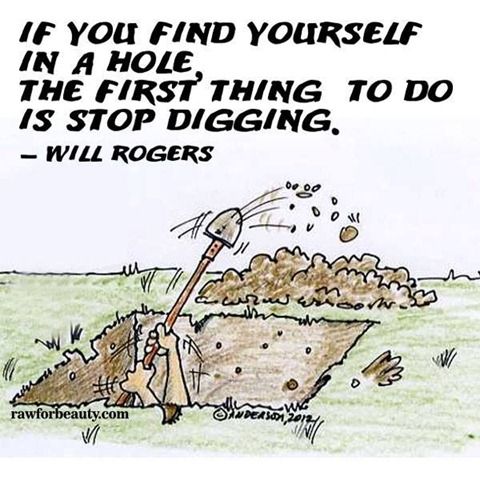
Moving beyond self-punishment becomes possible when we get the help that we need to navigate in a new way when we feel pain. Instead of relying on self-attacks, we practice leaning on others to comfort us and soothe our pain. We begin to internalize this comforting feeling and become increasingly capable of self-soothing. We develop compassion for our pain and acceptance of our many human needs.
Over time, we find that we have resilience to manage the pain of real life and the skill to identify and pursue what we want and need. Courageously, we release ourselves from self-punishment and turn our energy back out into the world.
Professional mourner. How to stop blaming yourself for failures
If you change the angle of view, it turns out that the competitor is no longer an enemy, but the one who forces you to improve
“You need to change your life!” - such a promise we make to ourselves on the eve of the New Year, on our birthday or on another Monday. This is a kind of point of no return, when a change in the usual mode of operation of the system is required. We have reached a critical state in which you need to either learn to manage the chaos in your life, or move to a new level of order. How did we find ourselves in a state close to chaos, and how to return to the "helm" of our lives? nine0005
This is a kind of point of no return, when a change in the usual mode of operation of the system is required. We have reached a critical state in which you need to either learn to manage the chaos in your life, or move to a new level of order. How did we find ourselves in a state close to chaos, and how to return to the "helm" of our lives? nine0005
Finished reading here
If the American psychiatrist Herbert Freudenberger had not coined the term “burnout syndrome” in 1974, we would not have such a good theoretical basis for explaining this phenomenon that doctors, teachers, managers face - everyone whose work is connected with close contact with people.
A tense rhythm, psychological stress when interacting with a difficult contingent (and who can admit that his clients, partners, shareholders are simple people from the point of view of communication?) lead to the development of this state. nine0005
nine0005
Recent research in this area suggests that women are more susceptible to burnout syndrome. Thus, according to a Montreal University study published in March 2018, women suffer from burnout syndrome more often than men due to at least three reasons - limited freedom of decision-making, low self-esteem, and insufficient authority at work.
What can you do to take control of your emotions and bring back the joy of accomplishments?
There are many tips on how to overcome chronic fatigue syndrome - go to the gym, decide on a hobby, plan your working day and redistribute the load. Simple recipes, alas, do not work, and often lead to a “squirrel in a wheel” state, which needs not only to be worked out “from bell to bell”, but also to be in time for a culinary master class or a treadmill.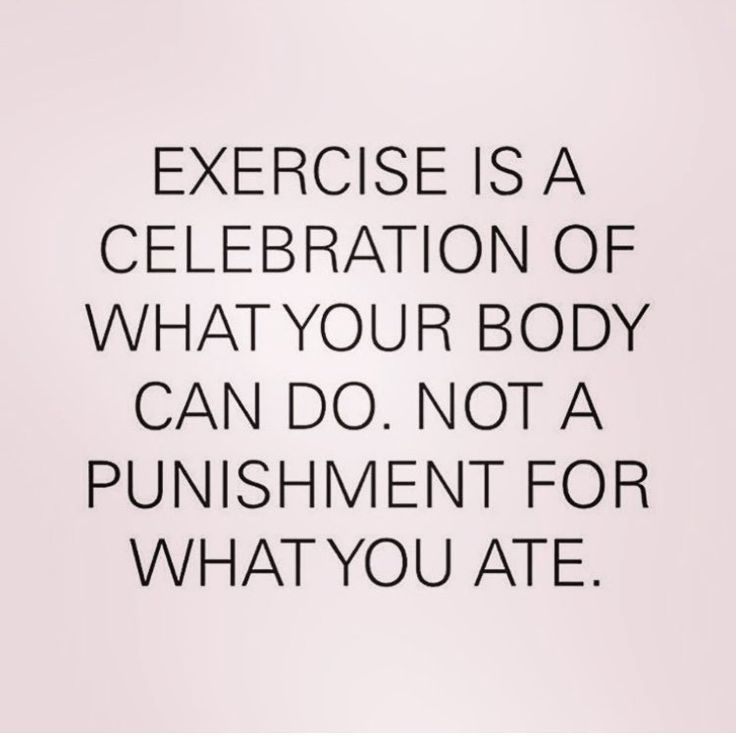 The world ceases to be black and white - “shades of gray” appear in it, but even such gradation does not return the full color of the picture to us. nine0005
The world ceases to be black and white - “shades of gray” appear in it, but even such gradation does not return the full color of the picture to us. nine0005
Here are three ways to achieve the 'fire effect'.
1. Our enemy — our friend
It must be understood that burnout syndrome is given to us as a form of psychological defense . Just as fear is a signal of danger so that we avoid this danger, so our temporary state of emptiness is only an attempt by the body to exclude excessive emotionality in response to events that seem traumatic to us. Actually, Freidenberger, the author of the concept, noted the greatest tendency to burnout syndrome among dreamers, emotional people prone to an idealistic attitude to work (that is, those who initially tend to divide into “white and black”). Accept him as a guard, not as an enemy meant to disrupt our orbital movement. You don't have to fight him! nine0005
Accept him as a guard, not as an enemy meant to disrupt our orbital movement. You don't have to fight him! nine0005
2 . The “green marker” principle
Finally accept that we cannot change the world. How so? I can quit my career, go to a monastery, teach children in Africa - am I not the mistress of my position? And now the fact. Often, when we change jobs, we only change the scenery, but the essence remains the same. Therefore, it is necessary to change their attitude to what is happening. It would seem a banal advice, but I suggest you "open the reception."
Energy flows where our thought is directed. nine0004 Fixating on problems and shortcomings, we spend all our energy on overcoming, correcting these “defects”. And we suffer if efforts do not bring results.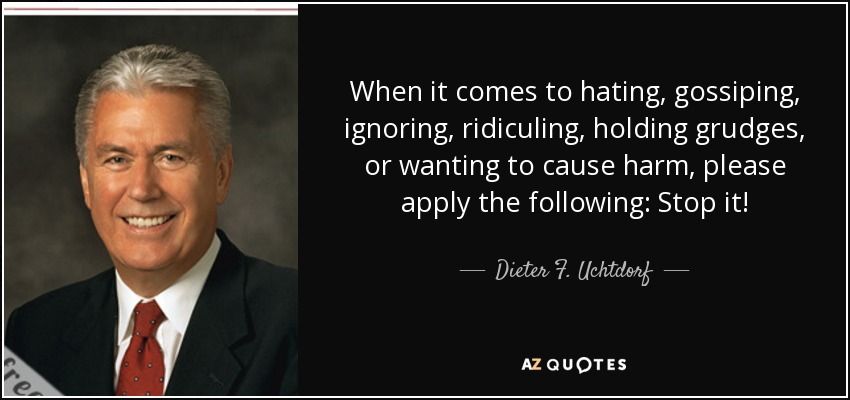 Try to change the focus, not to say what you don't like, but to emphasize what works and gives a result.
Try to change the focus, not to say what you don't like, but to emphasize what works and gives a result.
No need to waste time and effort to change the world to suit your patterns. You should pay attention to the “growth points” - to what is already working great, and try to replicate it. This is the principle of the "green marker" - we do not black out mistakes, but emphasize achievements. The analogy is very simple - at school, instead of emphasizing "how right", we were pointed out mistakes in red ink. Hence our habit of seeing everything as a problem, not an opportunity. nine0005
An excellent illustration is the legendary experiment of the University of Iowa (USA), conducted by Marie Tudor in 1939 and called the Monster Study. The researchers divided a group of 22 children from the Davenport orphanage into two subgroups. Some were praised for their abilities, others were severely criticized. As a result, in the second experimental group, absolutely healthy children developed speech pathologies. Even after the end of the experiment and into adulthood, the “experimental” remained insecure and experienced problems with speech. nine0005
As a result, in the second experimental group, absolutely healthy children developed speech pathologies. Even after the end of the experiment and into adulthood, the “experimental” remained insecure and experienced problems with speech. nine0005
3. Focus on white
We change the focus of our consciousness — we see advantages, not disadvantages. Next, we change the emphasis in our daily rhetoric - we don’t complain, we don’t criticize, we don’t punish for mistakes (even ourselves), but we inspire.
Next, we change our attitude towards those around us. The competitor is no longer the enemy, but the one who makes you improve. The head of the related department who has achieved the best results is a member of our "corporate team". Cool selfies in the feed are no longer annoying, but remind you that it's time for you to post a photo. There are no enemies - there are partners. The main value of this approach is the focus on efficiency, teamwork, and cooperation. Down with self-flagellation and a frenzied "arms race" in an attempt to prove something to the whole world and the CEO. nine0005
There are no enemies - there are partners. The main value of this approach is the focus on efficiency, teamwork, and cooperation. Down with self-flagellation and a frenzied "arms race" in an attempt to prove something to the whole world and the CEO. nine0005
Sometimes we, like children from the orphanage in Davenport, trapped inside Marie Tudor's "monstrous experiment", fail to gain self-confidence due to constant reminders of failures and imperfections. And the only one who punishes us for mistakes is ourselves.
- Catch Zen. How to learn to control oneself
- Hope or expectation? How to overcome the fear of the unknown and not be disappointed in your expectations
Why it is easier for us to blame others for our mistakes
41 046
Know yourself A man among people
It doesn't matter if it's a late bus, a mistake in the report, a quarrel with a partner. Most often, we blame others, forgetting that we ourselves left the house too late, so we are late, we looked at the error in the report because we were inattentive, did not want to hear our partner, as a result of which a trifling argument turned into a serious quarrel.
Most often, we blame others, forgetting that we ourselves left the house too late, so we are late, we looked at the error in the report because we were inattentive, did not want to hear our partner, as a result of which a trifling argument turned into a serious quarrel.
What mechanisms push us into accusers? Does this behavior mean that we are too irresponsible, or, on the contrary, excessive strictness towards ourselves makes us defend ourselves in this way? nine0005
“It is psychologically difficult for us to realize our guilt”
Evgeny Osin, existential psychologist:
Guilt is one of the most unpleasant emotions. But taking responsibility for one's mistakes does not always and does not make everyone feel guilty. Some tend to assess the situation soberly and ask themselves if it was possible to foresee and prevent their mistake before blaming themselves for it. And even if the mistake could have been avoided, these people do not particularly indulge in guilt, but rather think about what experience can be learned from this situation and how not to make a similar mistake in the future.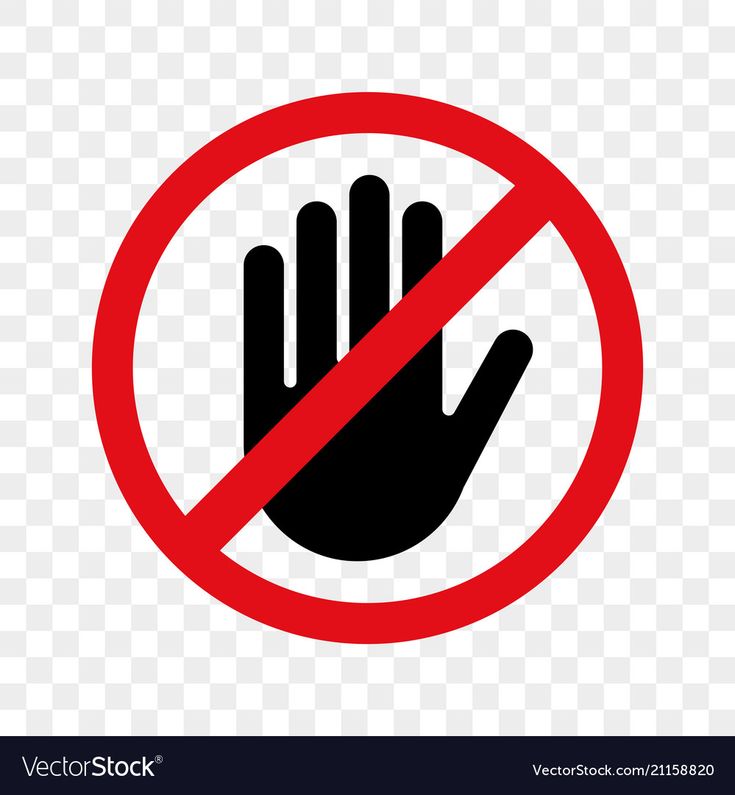 nine0005
nine0005
Others, on the contrary, when they make a mistake, tend to indulge in self-flagellation and punish themselves, regardless of whether they made the mistake on purpose or by accident. The guilt they feel is so strong that it often cannot be dealt with. In this case, protective mechanisms work, one of which is projection.
When it is psychologically too difficult for us to realize our feelings of guilt and accept responsibility for a committed offense, we can, even without wanting it and without thinking about it, look for external causes of our problems and blame others. As a rule, this does not lead to anything good. nine0005
“People with low self-esteem tend to blame only themselves for everything”
Olga Guetta, coach, psychologist:
“It’s not my fault that I broke the cup, Petya pushed me!” children often say. As a result, the “guilty” is punished, and the “innocent” remains “in the black” and is pleased that he managed to fool everyone. Then this “hero” of ours grows up, having learned the lesson: if you put the blame on someone else, you will not be punished. So he lives, blaming everyone around, thinking along the way: "Everyone is bad, but I'm good!" Great excuse, right? nine0005
So he lives, blaming everyone around, thinking along the way: "Everyone is bad, but I'm good!" Great excuse, right? nine0005
People are divided into several types: the first tend to blame others, the second - themselves. The first, self-confident, often self-centered, thus shift the responsibility for their mistakes. Often these people do not like to be criticized and want everyone to like them. Moreover, often they do not realize their own wrong, or rather, they do not want to realize it, so as not to solve the problem for real and not feel guilty.
But the second people, on the contrary, gladly shoulder someone else's responsibility. They seem to "like" to suffer, blaming themselves, engaging in self-criticism. Usually these are people with low self-esteem, who in childhood were often scolded or criticized, pulled down, not given the opportunity to feel strong and confident. nine0005
What to do?
As you can see, both options - to engage in excessive self-criticism or to blame others - are unsuccessful and lead to nothing. How to find the golden mean and find harmony?
How to find the golden mean and find harmony?
1. If you tend to over-blame yourself and worry about mistakes, try imagining that the person who made that mistake was not you, but someone you really respect and love, a good friend of yours. What would you say to him? Try to treat yourself like a friend. Don't be too hard on yourself. nine0005
Try to approach situations constructively: the question "What to do?" usually more useful than the question "Who is to blame?", because finding the culprit does not solve the problem.
2. If you find yourself blaming others more often, do these three things.
- Pay attention to how you behave in situations where you want to blame (yourself or others).
- Honestly admit to yourself which type you belong to.
- The next time you find yourself in a similar situation, try to restrain your first reaction and understand the question: "Whose responsibility is it?", and then resolve the issue yourself.